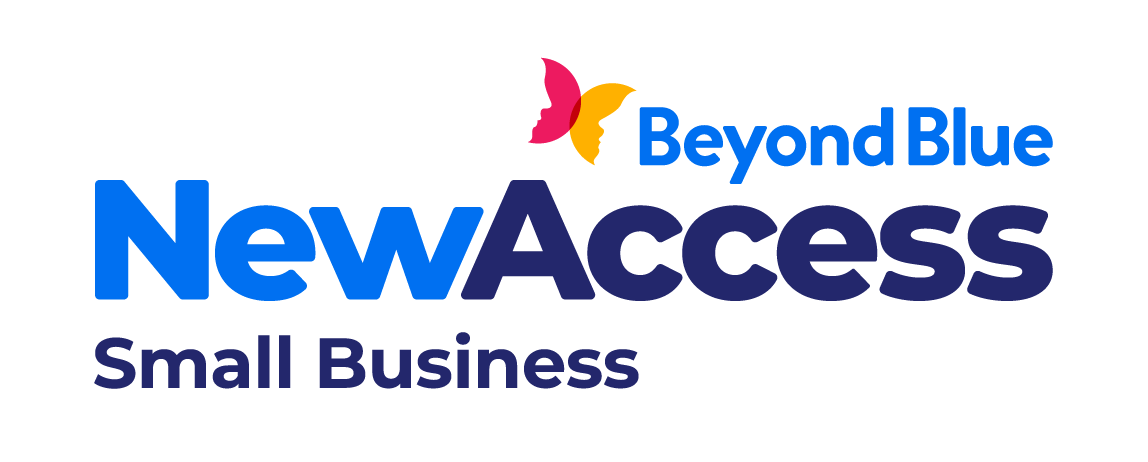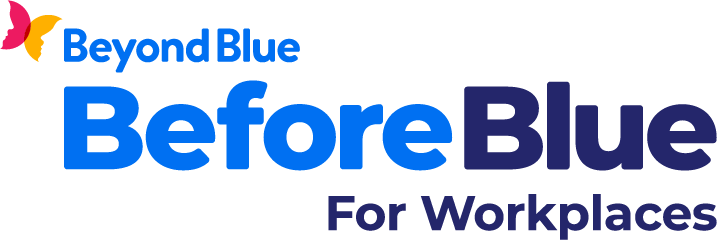What is mental health coaching?


On this page
Sound familiar? It’s a familiar story, especially for small business owners. And we’re all familiar with the suggestions: try some mediation, mindfulness, exercise, switch off your phone … sometimes, it’s all easier said than done.
Sometimes, what you need is someone to focus you on you.
What if you had someone to check in with regularly as you work towards some wellbeing goals (like a good night’s sleep)?


What are the goals of a mental health coaching session?
Your coach will work with you to set clear, achievable goals that support your mental wellbeing. These might include:
Improving sleep
Managing stress
Building confidence
Navigating work and personal relationships
What techniques do mental health coaches use?
Learn ways to cope with strong emotions, like using distress tolerance skills. You could try journaling to understand your thoughts and feelings and track your progress
Explore different problem-solving, motivational interviewing, and solution-focused thinking tools
With your coach's help, set SMART goals. “SMART” is a way of approaching goal setting in business, but it’s also a great tool for personal goal setting. SMART stands for "Specific, Measurable, Achievable, Relevant, and Time-bound". You break down a goal or plan into these different categories so you can see clearly why you want it, what resources you have and what steps you'll take to achieve it
Learn how to use mindfulness to stay calm and focused or adapt ideas from therapies like Cognitive Behavioural Therapy (CBT) and Acceptance and Commitment Therapy (ACT) to help you change negative thoughts and take positive steps that match your values.
How are mental health coaches trained?
Mental health coaches in Australia often train in mental health first aid, peer work or coaching. Some may hold qualifications in psychology, counselling or social work, though this isn’t required. Training is usually delivered by a recognised coaching organisation or registered training provider. While there’s no single national standard, most programs include:
Coaching skills like active listening, goal setting and motivational interviewing
Mental health education on anxiety and depression and how to support people without diagnosing or treating
Ethics and boundaries, including when to refer to other professionals
Practical experience through supervised practice or case studies.
Mental health coaching is focused on the future. Coaches don’t diagnose mental health conditions or treat trauma, but they can support you to take practical steps towards balance and growth.
Therapy is delivered by registered mental health professionals and focuses on processing past experiences, including trauma. Therapy is often used to treat diagnosed mental health conditions.
Counselling provides a safe space to talk through personal challenges, emotions and life changes. Counsellors can support you through difficult times and refer you to other professionals if needed.








